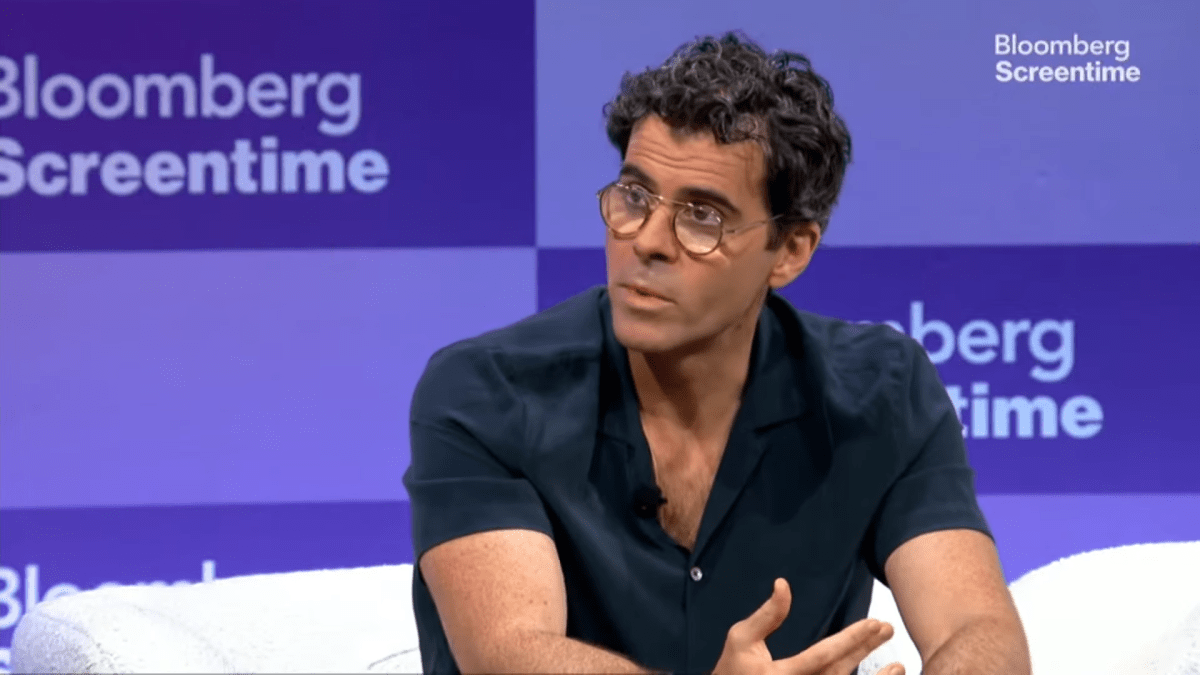Artificial intelligence (AI) is rapidly reshaping the digital landscape, and Instagram head Adam Mosseri is at the forefront of this transformation. In a recent discussion, Mosseri addressed the potential of AI to empower a new wave of creators while acknowledging the societal challenges that arise with increasingly sophisticated synthetic content. His insights offer a crucial perspective on the future of online content and the evolving responsibilities of social media platforms.
This article delves into Mosseri’s views on AI’s impact, MrBeast’s concerns about AI-generated content, and the steps Meta is considering to address the challenges of identifying and labeling AI-generated material. We’ll explore the balance between fostering creativity and ensuring users can distinguish between authentic and synthetic content.
AI: A Tool for Democratizing Content Creation
Mosseri emphasized AI’s potential to democratize content creation. He suggests that AI tools will enable individuals who previously lacked the resources or skills to produce high-quality content at scale. This could lead to a more diverse and inclusive creator ecosystem, where more voices can be heard.
“If you take a big step back, what the internet did, among other things, was allow almost anyone to become a publisher by reducing the cost of distributing content to essentially zero,” Mosseri explained. “And what some of these generative AI models look like they’re going to do is they’re going to reduce the cost of producing content to basically zero.”
MrBeast’s AI Fears: A Counterpoint
The discussion was prompted by concerns raised by creator MrBeast (Jimmy Donaldson), who suggested that AI-generated videos could soon flood the internet, posing a threat to the creator industry. Mosseri, however, offered a more nuanced perspective, suggesting that AI would primarily augment creators’ abilities rather than replace them.
Mosseri pushed back a bit at that idea, noting that most creators won’t be using AI technology to reproduce what MrBeast has historically done, with his huge sets and elaborate productions; instead, it will allow creators to do more and make better content.
The Rise of ‘Hybrid’ Content
Mosseri highlighted the prevalence of “hybrid” content, where creators use AI tools to enhance their work without fully automating the creative process. Examples include using AI for color correction or applying filters. He predicted that the lines between authentic and AI-generated content would continue to blur.
“It’s going to be a little bit less like, what is organic content and what is AI synthetic content, and what the percentages are. I think there’s gonna be actually more in the middle than pure synthetic content for a while,” he said.
Meta’s Role in Identifying AI-Generated Content
Mosseri acknowledged Meta’s responsibility to help users identify AI-generated content. However, he noted the challenges of automatically labeling such content, citing a previous attempt that proved difficult to implement effectively due to the widespread use of AI tools in various stages of content creation.
He was referring to how Meta had initially tried to label AI content automatically, which led to a situation where it was , because AI tools, including those from Adobe, were used as part of the process.
Community-Based Solutions
Mosseri hinted at the possibility of using community-based systems, similar to Meta’s Community Notes feature, to flag AI-generated content. This approach would rely on users to provide context and corrections, helping to inform others about the nature of the content they are viewing.
While he didn’t elaborate on what that newly added context would be, he may have been thinking about Meta’s Community Notes feature, which is the modeled on the one X uses.
A Call for Societal Adaptation
Mosseri emphasized that addressing the challenges of AI-generated content requires a broader societal shift. He stressed the importance of educating young people to critically evaluate the content they encounter online and to understand that not everything they see in a video is necessarily real.
“My kids are young. They’re nine, seven, and five. I need them to understand, as they grow up and they get exposed to the internet, that just because they’re seeing a video of something doesn’t mean it actually happened,” he explained.
Beyond AI: The Future of Instagram
In addition to AI, Mosseri discussed other aspects of Instagram’s future, including its plans for messaging and its continued focus on photos and videos. He also addressed the potential impact of TikTok’s changing ownership in the U.S., noting that competition ultimately drives innovation and improvement.
Key Takeaways
Adam Mosseri’s insights highlight the complex interplay between AI, content creation, and societal responsibility. While AI offers tremendous potential to empower creators and democratize content creation, it also poses challenges related to authenticity and trust. Addressing these challenges requires a multi-faceted approach, including technological solutions, community-based systems, and, most importantly, education.
As AI continues to evolve, it is crucial for platforms, creators, and individuals to work together to navigate this new landscape responsibly and ensure that the benefits of AI are realized while mitigating its potential risks.

Leave a Reply